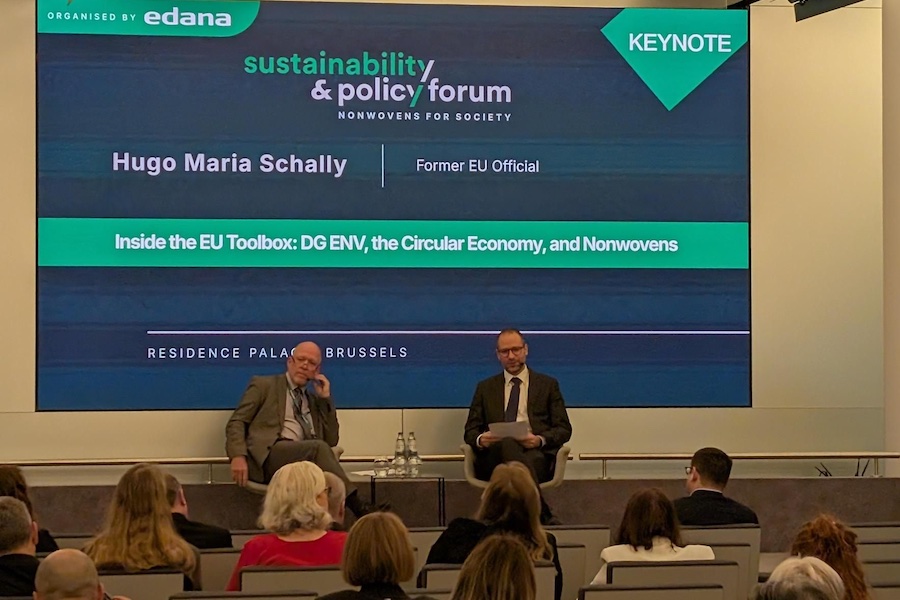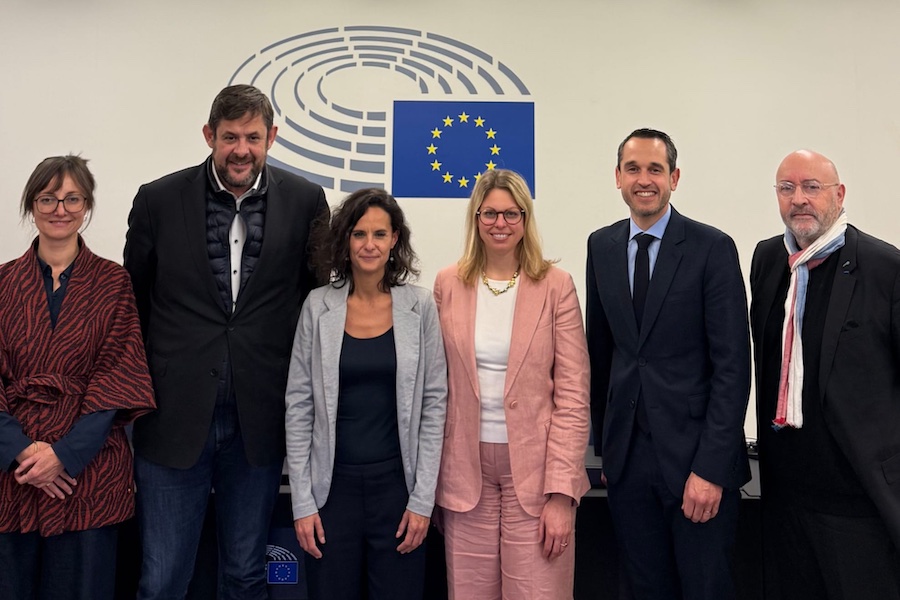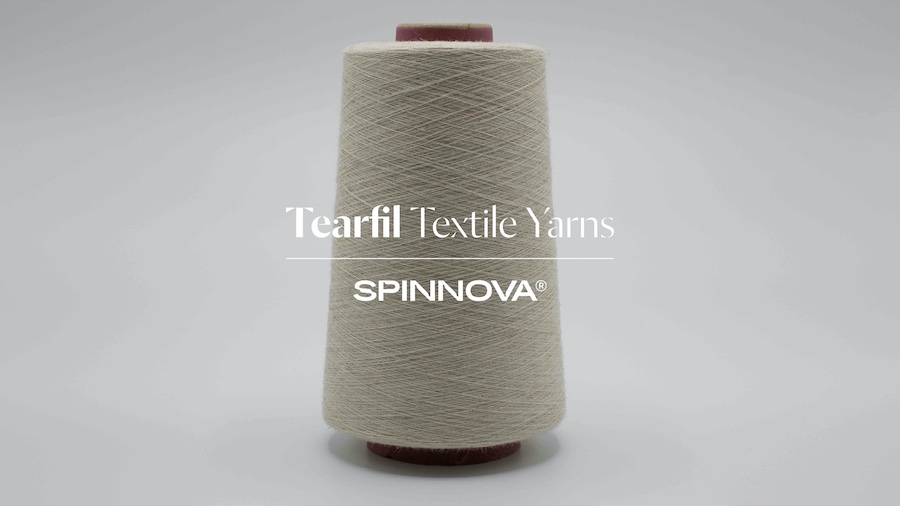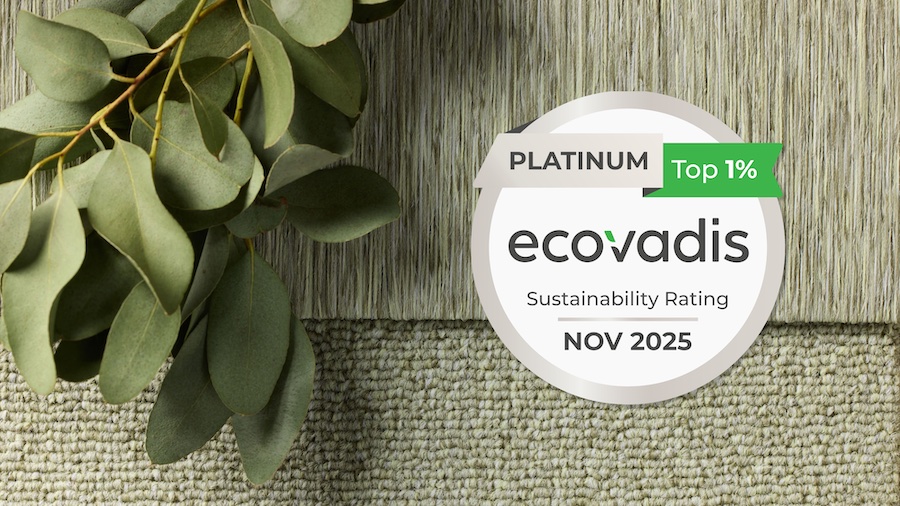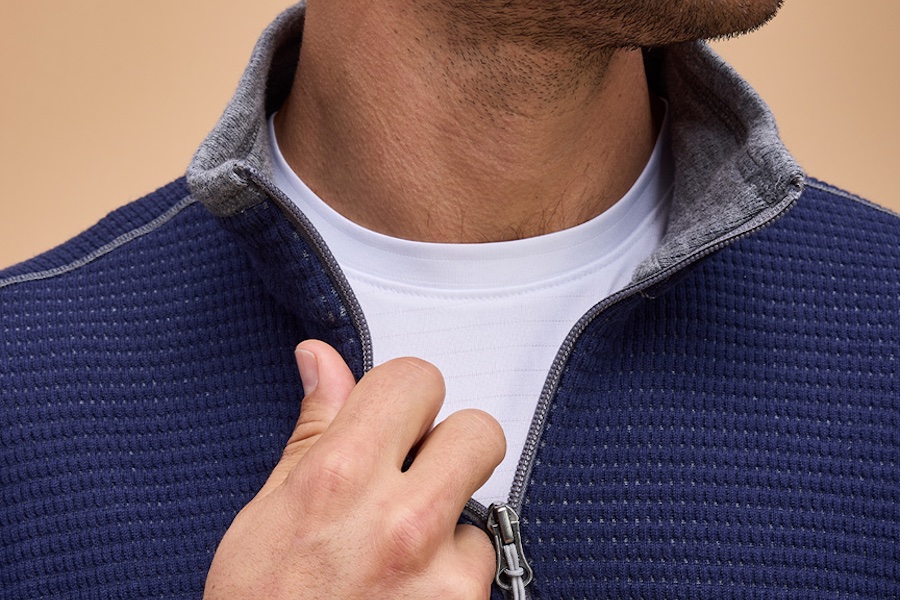#Europe
Right to repair: Commission introduces new consumer rights for easy and attractive repairs
The proposal will make it easier and more cost-effective for consumers to repair as opposed to replace goods. Additionally, more demand will translate into a boost to the repair sector while incentivising producers and sellers to develop more sustainable business models.
Today's proposal will ensure that more products are repaired within the legal guarantee, and that consumers have easier and cheaper options to repair products that are technically repairable (such as vacuum cleaners, or soon, tablets and smartphones) when the legal guarantee has expired or when the good is not functional anymore as a result of wear and tear.
New measures to promote and facilitate repair and reuse
The proposal introduces a new ‘right to repair' for consumers, both within and beyond the legal guarantee.
Within the legal guarantee, sellers will be required to offer repair except when it is more expensive than replacement.
Beyond the legal guarantee, a new set of rights and tools will be available to consumers to make ‘repair' an easy and accessible option:
- A right for consumers to claim repair to producers, for products that are technically repairable under EU law, like a washing machine or a TV. This will ensure that consumers always have someone to turn to when they opt to repair their products, as well as encourage producers to develop more sustainable business models.
- A producers' obligation to inform consumers about the products that they are obliged to repair themselves.
- An online matchmaking repair platform to connect consumers with repairers and sellers of refurbished goods in their area. The platform will enable searches by location and quality standards, helping consumers find attractive offers, and boosting visibility for repairers.
- A European Repair Information Form which consumers will be able to request from any repairer, bringing transparency to repair conditions and price, and make it easier for consumers to compare repair offers.
- A European quality standard for repair services will be developed to help consumers identify repairers who commit to a higher quality. This ‘easy repair' standard will be open to all repairers across the EU willing to commit to minimum quality standards, for example based on duration, or availability of products.
Next steps
The Commission's proposal has to be adopted by the European Parliament and the Council.
Background
A recent Eurobarometer showed that 77% of Europeans feel a personal responsibility to act to limit climate change. Discarded products are often viable goods that can be repaired but are often tossed prematurely, resulting in 35 million tons of waste, 30 million tons of resources and 261 million tons of greenhouse gas emissions in the EU every year. Furthermore, the loss for consumers of opting for replacement instead of repair is estimated at almost 12 billion per year. Additionally, the initiative is estimated to bring EUR 4.8 billion in growth and investment in the EU.
However, repair is often seen as difficult by consumers. The ‘right to repair' initiative complements several other proposals presented by the Commission to achieve sustainable consumption throughout the entire lifecycle of a product, setting the framework for a true ‘right to repair' across the EU.
This proposal is part of the European Commission's broader goal of becoming the first climate neutral continent by 2050. This can only happen if consumers and businesses are consuming and producing more sustainably.
The ‘right to repair' proposal was announced in the New Consumer Agenda and the Circular Economy Action Plan. It tackles obstacles that discourage consumers to repair due to inconvenience, lack of transparency or difficult access to repair services. It therefore encourages repair as a more sustainable consumption choice, which contributes to the climate and environmental objectives under the European Green Deal.
This initiative complements other instruments that pursue the European Green Deal objective of sustainable consumption by means of repair. On the supply side, the Ecodesign for Sustainable Products regulation promotes the reparability of products in the production phase. On the demand side, the proposal for a Directive on Empowering consumers for the green transition enables consumers to make informed purchasing decisions at the point of sale. This proposal strengthens the demand side by promoting repair in the after-sales phase. The three initiatives together cover the entire lifecycle of a product, complementing and reinforcing each other.
Additionally, the initiative on Substantiating Green Claims, also adopted today, will make it easier for consumers to support the green transition through their purchasing choices and stop companies from making misleading claims about environmental merits of their products and services. This initiative also complements the Proposal ‘Empowering consumers for the green transition' which sets the horizontal framework against greenwashing.







